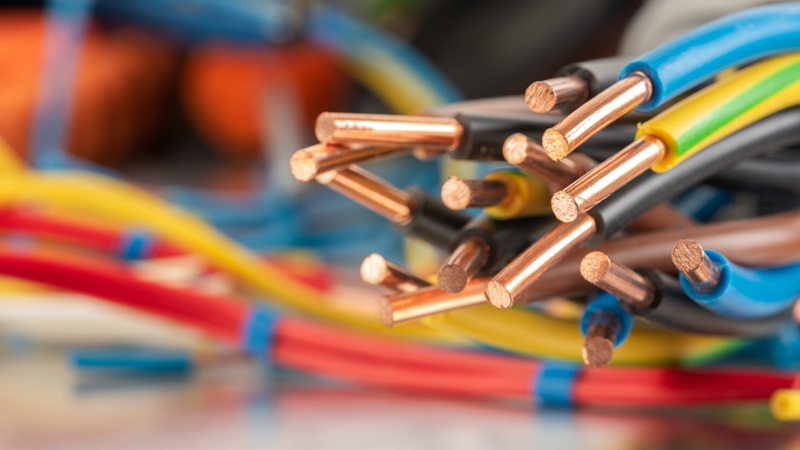
Solid State vs Hard Disk
There comes a time when you are looking at a new laptop and you are asked the question: Do you want a Solid State Drive, or a traditional Hard Disk Drive? Well here is a quick run-down of both technologies in the hopes of shedding some light on the issue. By the time you are done reading this article, you will be better able to answer that question.
What is a Hard Disk Drive (HDD)?
A Hard disk drive is a magnetic storage device with several rotating disks (called Platters) covered in a magnetic material on which data can be written. The data is written with Magnetic heads called Read/Write Heads which hover very close to the surface of the platters and, as the name implies, reads or writes the magnetic data on the disk. HDD's are classified as non-volatile storage devices that, unlike RAM memory, continue to store their data after power is turned off to the device. Hard drives are the primary storage device for the users' data and have been since the 1960's
Pros:
- Magnetic storage can be written to exponentially more times than solid state
- Data can be overwritten directly on the disk
- The cost per gigabyte is significantly less than solid state
Cons:
- The moving parts inside a Hard Disk Drive provide several disadvantages
- While each sector can be written to more than solid state, mechanical failure of the drive will occur before the sector will fail
- Because of the moving parts inside, if you drop a hard disk drive, you run the risk of damaging the components. This is especially true if the drive is spinning when its dropped.
- Compared to Solid State, Hard Drives have slower read/write speeds and latencies. In fact, traditional hard drives are the bottleneck of modern computing. Where every other component of a PC has vastly improved in speed, hard drives haven't seen much of an increase over the past few years.
What is a Solid State Drive (SSD)?
One of the primary characteristics of a solid state drive is that there are no moving parts. Data is stored in integrated circuits and provide fast access to the stored data. If you have a USB drive, then you are already familiar with solid state drives. SSD's are also non-volatile storage.
Pros:
- Solid state drives are not as susceptible to physical shock (like hitting a hard surface) as a hard disk drive.
- Solid state provides for faster access to data.
- Fragmentation is not an issue on a solid state drive
Cons:
- Solid state will cost you more per gigabyte than a traditional hard drive.
- Each block of memory on a solid state drive can only be written to so many times
- Solid state drives have drawbacks regarding data encryption that may leave your data accessible to someone with the right tools.
It is predicted that traditional hard disk drives will co-exist with solid state drives for many years to come and while many of the pros and cons will remain the same, the gap will continue to narrow and solid state drives will eventually become the standard. Even compared to a couple years ago, the cost and longevity of solid state drives has improved. Eventually, it is likely that solid state will take over, but for now it all depends on your needs. So which one is right for you? That will depend on your needs and budget. While each type of drive has advantages and disadvantages, there are times when one will outperform the other. If your not sure which one to choose, contact us today.






